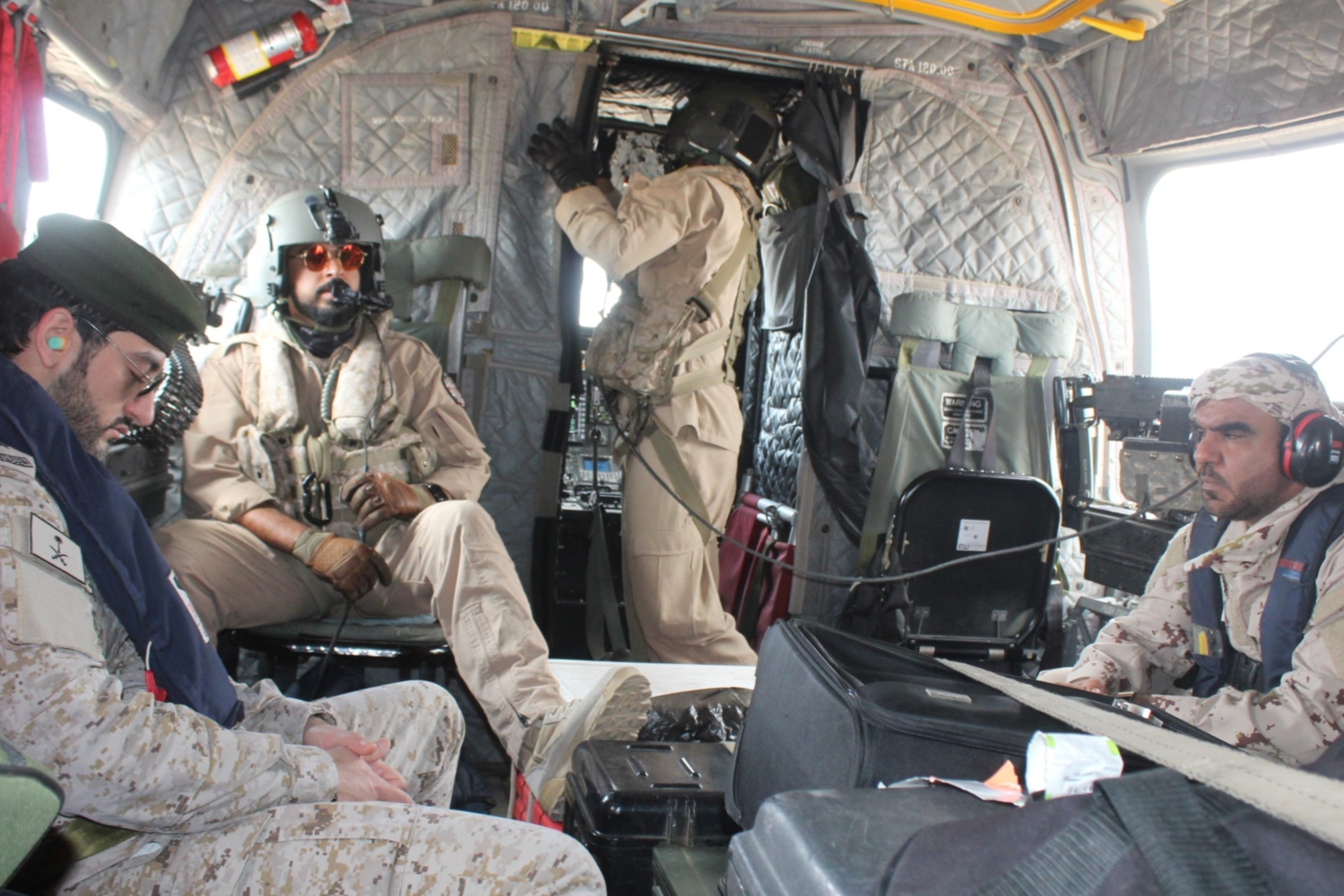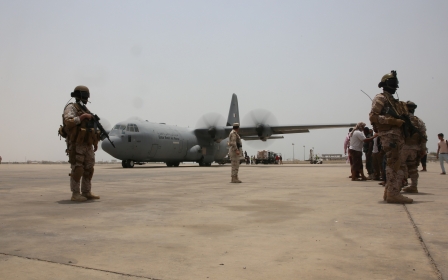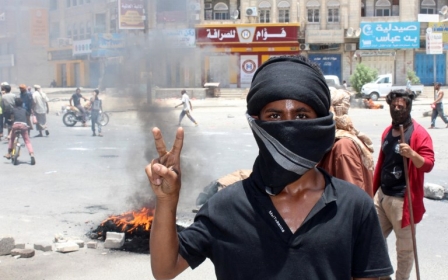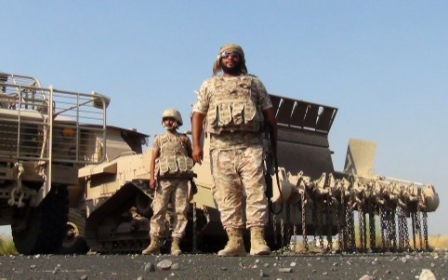Emirati pullout: A new chapter of the war in western Yemen?

On 8 July, the United Arab Emirates announced that it was winding down its military involvement in Yemen as it pledged to reduce the number of troops it had deployed in the war-torn country.
The UAE has been involved militarily in Yemen since 2015 as a member of the Saudi-led coalition fighting against Houthi rebels and backing exiled Yemeni President Abd Rabbuh Mansour Hadi.
The recent announcement came as a spokesperson in Abu Dhabi told reporters that the country was shifting from a "military-first strategy" to a "peace-first strategy" in Yemen.
But Yemenis who spoke to Middle East Eye seemed to believe the move may have been more motivated by a lack of civilian support and power struggles between militias that could further degenerate now that the UAE is on its way out.
Passing the baton
New MEE newsletter: Jerusalem Dispatch
Sign up to get the latest insights and analysis on Israel-Palestine, alongside Turkey Unpacked and other MEE newsletters
After the Saudi-led coalition took the areas of Mocha, Khokha and others on the western coast in early 2017, the UAE became the de facto ruling power in the region, spanning between the Hodeidah and Taiz provinces.
The Emirates trained Yemeni forces in the western coast under the name of al-Amaliqa, as well as fighters loyal to Tareq Saleh, the nephew of former Yemeni president Ali Abdullah Saleh.
Both groups joined forces in western Yemen under the name "Guards of the Republic" and stood with the UAE.
The recent Emirati decision to scale down its presence on the western coast is tied to the increased role of these friendly Yemeni forces.
“The leadership of the Emirati forces in Yemen decided to reduce the number of Emirati fighters on the western coast and they vacated a camp in Khokha, but that does not mean they have withdrawn from the battle,” a source in the Amaliqa forces in Mocha confirmed to MEE.
“Emirati forces trained Yemeni forces and we are fighting on the ground under the supervision of Emirati officers on the western coast and in Aden.”
The source said he believed the UAE should have scaled down its presence in western Yemen at least a year ago, arguing that pro-Hadi Yemeni forces were adequately trained and equipped to fight and defend the western coast from the Houthis.
“It is irrational that Emirati soldiers fight on the frontlines while Yemenis do not. We can defend our land and we only need some instruction and suggestions from Emirati military experts,” he added.
“The Houthis tried to attack us, but we could handle all attacks alone without help from Emirati forces,” the Amaliqa source said. “The recent attacks by the Houthis confirmed that [pro-Hadi] Yemeni forces are qualified enough to lead the battles alone against the Houthis.”
Meanwhile, Saudi and Sudanese forces remain present on the western coast and have also been involved in fierce ongoing battles in the area since Emirati troops first started to withdraw - although the Amaliqa source said they were mainly overseeing Yemeni fighters and not involved in direct battles.
Long-distance control
While Emirati soldiers may be leaving the western coast, Yemeni residents believe that the small Gulf country remains the main power in control of the area.
“We cannot see Emirati fighters in the streets, but we can see their flags on public institutions and every day we face Yemeni forces on the ground who are worse than the Emiratis,” Ali, a resident of Mocha, told MEE.
“Emirati forces think we will believe that Yemenis have taken control of the western coast,” Ali added. “But all of us know that Emirati forces withdrew after placing their hands [pro-Hadi Yemeni forces] along the western coast.”
Many residents of the area have little love for the UAE, especially after Emirati forces barred fishermen from sailing or fishing off the coast earlier this year.
“The Emirates are looting our wealth while our children starve to death,” Ali said. “Emiratis still control the western coast and most of the southern provinces from a distance, and no one can oppose it.”
While in Abu Dhabi authorities spoke of a shift to a "peace-first strategy", Yemeni civilians said they did not feel any peace in the western coast with battles still raging on.
Salem Abu al-Leil, a resident of Hodeidah province, said fighting had not lessened in Hodeidah and that he foresaw no progress towards peace in the province.
“We heard that Emirati forces withdrew from Hodeidah, but...the only development is that Yemenis are now fighting each other so the Emirates will not lose more fighters,” Abu al-Leil told MEE.
“I do not believe this is a step towards peace, but it can be a new war strategy by the Saudi-led coalition.”
For Abu al-Leil, the UAE’s lack of popular support among residents of Hodeidah and surrounding areas was a factor that led the country to believe the best course of action would be to replace its forces with Yemeni groups more likely to be accepted by locals.
Coalition struggles
Ziyad al-Sharif, a pro-UAE fighter in Aden, told MEE he saw the Emirati move as a first step towards peace, with more steps to follow in the coming months - before accusing the Islah movement affiliated to the Muslim Brotherhood of being behind criticisms of the UAE, despite also being on the side of President Hadi.
“Islahis and their supporters criticise the Emirates for any development, even if it is a positive one,” Sharif said. “The UAE is reducing troops in Yemen to allow Yemenis to lead the battles and there is nothing wrong with that.”
He slammed Islah critiques as undermining the pro-Hadi coalition and ultimately benefiting Houthi rebels.
“The Islah party and Houthis stand on the same side to criticise and fight legitimacy [Hadi], which the UAE came to support,” Sharif added. “The UAE came to help Yemenis and not to kill us, but Islahis do not believe this.”
Meanwhile, seasoned Taiz-based journalist Mohammed Ali told MEE that the UAE withdrawal could be tied to growing tensions between southern separatist forces and Tareq Saleh’s fighters in the west.
“Southern forces backed by the UAE used to be the main power on the western coast, but President Hadi sent Tareq’s forces last year to the same areas,” Ali told MEE.
“Southern forces did not welcome Tareq’s forces and vice versa. While both support the UAE, it was difficult for the UAE to remain on the western coast.”
This article is available in French on Middle East Eye French edition.
Middle East Eye delivers independent and unrivalled coverage and analysis of the Middle East, North Africa and beyond. To learn more about republishing this content and the associated fees, please fill out this form. More about MEE can be found here.




